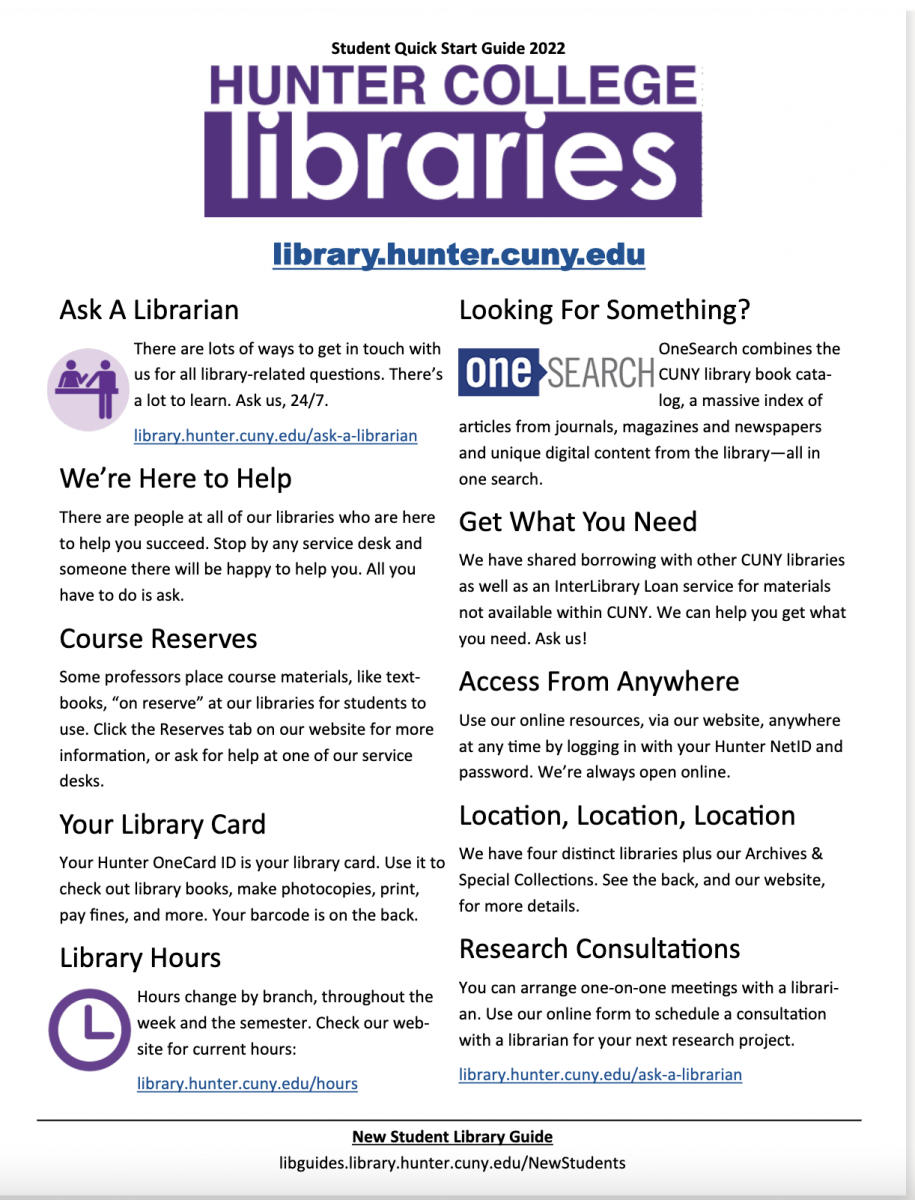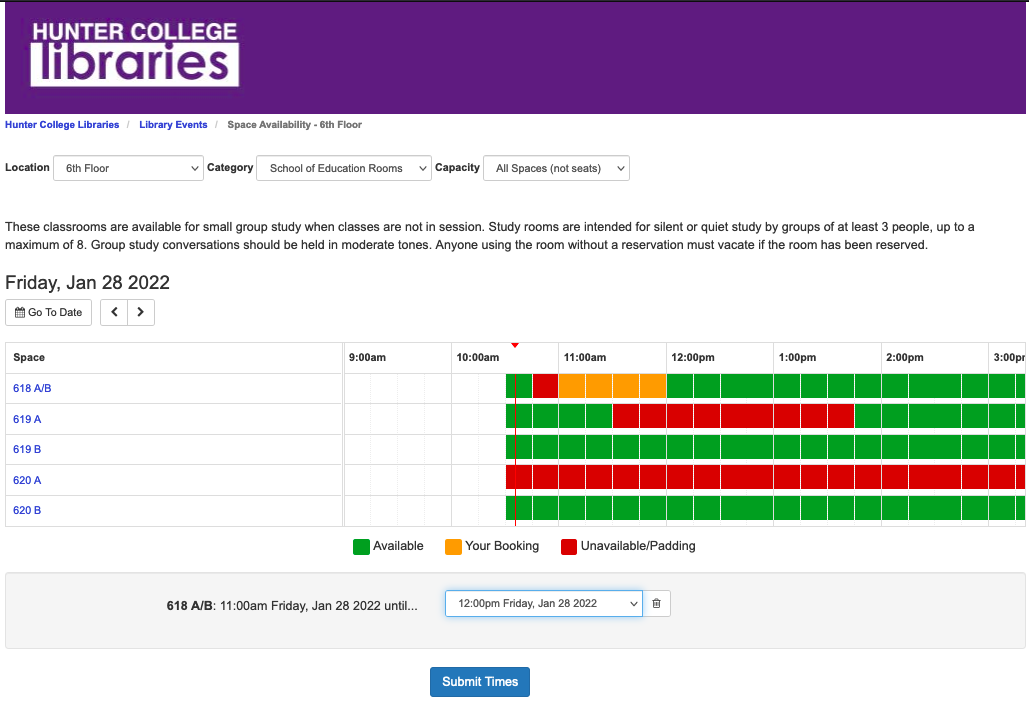127 items from the Hunter College Concert Bureau Collection have been digitized and put online, including posters, playbills, programs and drawings. The Hunter College Concert Bureau was founded in 1943 by Hunter President George N. Shuster and continued until 1975. Prominent performers included violinists Jascha Heifetz, Yehudi Menuhin, Itzhak Perlman and Isaac Stern, pianists Claudio Arrau, Vladimir Ashkenazy, Vladimir Horowitz and Arthur Rubinstein, opera singers Marian Anderson, Joan Sutherland, Jussi Bjorling and Renata Tebaldi, writers W.H. Auden and Thomas Mann, and actor Sir John Gielgud.
News
Professor Emerita, Sarah Pomeroy, donated her archives to the Hunter College Library and they have already been accessed for research that has led to publications.
Georgia Tsouvala (Hunter BA, CUNY PhD, Classics, a History Professor at Illinois State University) and Hunter Professor, Ronnie Ancona, recently coedited New Directions in the Study of Women in the Greco-Roman World (Oxford University Press, 2021). The book is dedicated to Sarah Pomeroy, and President Raab kindly publicized on various Hunter social media in the fall of 2021.
At the beginning of April, 2022, a virtual book launch was held in Sarah's honor, and presented here is a video recording of it, a tribute to a groundbreaking scholar of Hunter and the CUNY Graduate Center
Now in its fifteenth year, International Open Access Week is being observed from October 24 through October 30th, 2022. Sponsored by the Scholarly Publishing and Academic Resources Coalition (SPARC) and various partners, Open Access Week is an opportunity for advocates of open access to engage with their communities regarding the benefits of open scholarship and research. (For an introduction to key concepts of open access and the role it can play in scholarly communications, see this overview from SPARC.)
The theme for International Open Access Week 2022 is "Open for Climate Justice." The goal of this year's theme is to draw awareness to ways in which open sharing of research results can help address inequities surrounding the impacts of climate change and our response to them.
To find out more, please visit www.openaccessweek.org. The official Twitter hashtag for the week is #OAWeek.
We have offices available to Hunter College faculty for reservation on the newly renovated 5th floor of the Cooperman Library. Faculty may reserve an office for up to four hours a day, up to two times a week. Reservations may be made up to 90 days in advance.
To make a reservation, go online to our faculty office reservation site and find the date and time you would like to reserve. Click on a room that shows availability with a green band and enter the requested information. You will need to use your @hunter.cuny.edu email address to make these reservations.
To claim your reservation, check in at the third floor circulation desk. You will need your Hunter OneCard to check out the room key to your library account. When you have completed your reservation, return the key back to the third floor circulation desk.
This is a new service and we are still working out what policies will work best. We welcome feedback and ideas for how we might improve the service.
Our study rooms on the newly renovated floor of the Cooperman Library are now available for reservation. Rooms 520, 521, 522, 523, 524, and 525 may be reserved for up to two hours a day. The rooms are equipped with display monitors that can make wireless connection to your devices. Reservations may be made up to two weeks in advance. These reservations may be made on our online room reservation site, similar to the method for making reservations for other rooms in the Cooperman Library. Unlike other reservable study rooms in the Cooperman library, the 5th floor study rooms are locked by key card. When you arrive for your reserved time slot, you will need to visit the 3rd floor circulation desk to borrow the study room key card. Library staff at the circulation desk will loan you the key and check you in for your reservation. When you are finished with your reserved time, you will need to return the room key to the 3rd floor circulation desk so that it is available for the next person who reserves the room. General and special policies for the study rooms are on our study room policies page. We hope you will enjoy these rooms. Please let us know if you have have any questions or suggestions about them.
125th Street: Photography in Harlem (ISBN: 9783777437347)
This 2022 publication, a collaborative project of the Hunter College Art Galleries, Hunter East Harlem Gallery, and students in the Advanced Certificate in Curatorial Studies program in the Department of Art and Art History at Hunter College, New York, is an unprecedented study of Harlem’s 125th Street photography and cultural identity. The book is edited by Antonella Pelizzari and Arden Sherman, and published by Hirmer Verlag.
Harlem’s 125th Street is a marker of twentieth-century urban experience, a thoroughfare that encapsulates powerful stories of business and consumption, real estate and gentrification, glamour and entertainment, and political uprising. This book explores the constant mutation of this street life through the works of a large roster of photographers and performance artists. The photographs in this book represent narratives of resilience and stories of survival against a rapid and sweeping movement of history across 125th Street, where buildings and communities are periodically destroyed and built anew. The works shape a sense of belonging and identity that goes against the stereotyping and mystification of this neighborhood.

Ethnic NewsWatch is a current resource of full-text newspapers, magazines, and journals of the ethnic and minority press, providing researchers access to essential, often overlooked perspectives.
The database also contains Ethnic NewsWatch: A History, which provides historical coverage of Native American, African American, and Hispanic American periodicals from 1959-1989.
Select Ethnic NewsWatch from the Hunter College Libraries' list of newpaper databases here.
If JSTOR is an important part of your research and teaching, please note the following.
Artstor is eventually merging with JSTOR. This link provides up-to-date information on that topic from a librarian’s perspective. Also, to sign up for announcements about JSTOR’s latest developments, please go to this page. Doing so is the best way to learn about upcoming training sessions focusing on the developing Artstor/JSTOR platform.
Need to reserve a space for group study? We have a new self-service reservation system available for some of our rooms on the 6th floor. Just scan the QR code you find next to the door, or go to this page and pick the room you want to reserve: https://libcal.library.hunter.cuny.edu/reserve/SoE

Available times show in green, reserved times show in red. Click on one of the green squares to select your reservation start time, then chose your end time from the drop-down menu. You can reserve the room for up to two hours at a time, up to two times per a day. Sorry, no back-to-back bookings. When you click "submit times" you will be taken to a page that shows our policies for using the rooms. From that page, Click "continue" to accept the terms of use and enter your name and email address on the next page. You will receive an email confirmation with a check in code and a link to your check-in page. When you arrive for your reserved time, scan the QR code next to the door to check in, or follow the link in your confirmation email. Checking in is important! Your reservation will be cleared if you do not check in within 30 minutes of your booking's start time.
Look for the expansion of self-service reservations in other areas of our libraries. Let us know how the reservation service is working for you by using our "Contact Us" page: https://library.hunter.cuny.edu/forms/contact-us